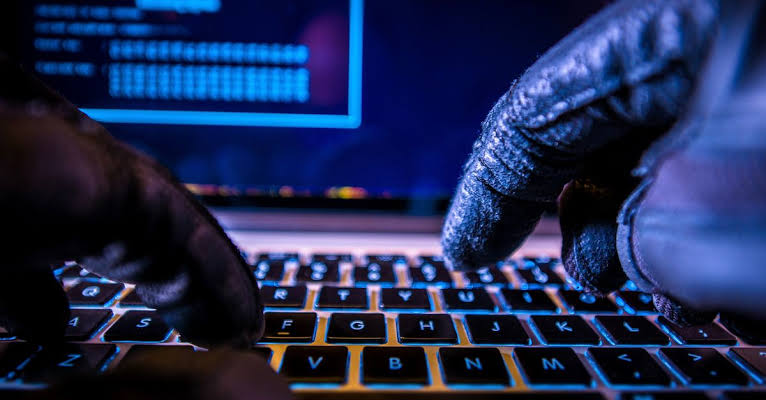Taiwan’s high court has convicted eight individuals on charges of espionage for China, revealing the use of cryptocurrency as a method of payment in one of the most prominent spying cases in recent times. This case has raised serious concerns about the ongoing threat of Chinese intelligence activities in Taiwan, particularly the use of digital assets to facilitate covert operations.
The convictions, reported by Bloomberg and confirmed by Taiwan’s Ministry of Justice’s Investigation Bureau, involve a mix of active-duty and retired military officers. These individuals were found guilty of gathering and transmitting state secrets to Chinese intelligence agencies. The court handed down sentences ranging from one and a half years to 13 years in prison, reflecting the gravity of the crimes committed.

According to the Ministry of Justice, the Chinese Communist Party recruited these individuals to obtain sensitive military information. The report stated that “virtual currency,” was used to compensate the spies for their efforts. While the specific type of cryptocurrency remains undisclosed, this case highlights how digital currencies, despite being banned for transactions in China, continue to be exploited by Chinese intelligence for their anonymity and ease of cross-border transfer.
The use of cryptocurrency in this espionage case shows a troubling trend in international intelligence operations. Despite China’s 2021 ban on all crypto transactions, seemingly to protect financial stability and prevent crime, Chinese operatives appear to have found ways to bypass these restrictions. The anonymity provided by cryptocurrencies makes them an attractive tool for espionage, allowing payments to be made without easily leaving a traceable trail.
This case is not the first time Chinese intelligence has turned to cryptocurrency for covert operations. In a previous incident, the U.S. Department of Justice disclosed that Chinese intelligence officers had used Bitcoin to bribe a U.S. government employee in exchange for classified documents related to the prosecution of a major China-based telecommunications company, widely believed to be Huawei. In that case, the spies used advanced privacy-enhancing tools, such as the Wasabi Wallet, to obscure their transactions on the blockchain, making detection by authorities more difficult.
The Taiwan case, however, marks one of the largest and most significant instances of Chinese espionage in recent years. It also serves as a stark reminder of the ongoing risks posed by Chinese intelligence operations, particularly in Taiwan, which Beijing considers a breakaway province. The use of cryptocurrency in such operations highlights the evolving nature of espionage in the digital age, where traditional methods of payment and communication are being increasingly supplemented, or even replaced, by modern technology.
The convictions are likely to exacerbate tensions between Taiwan and China, which have been rising in recent years amid increasing military posturing by Beijing and growing international support for Taiwan’s sovereignty. Taiwan’s Ministry of Justice and its Investigation Bureau have emphasized the importance of vigilance and strengthened security measures to protect the island nation’s military secrets from foreign adversaries.

As the international community continues to grapple with the challenges posed by digital currencies, this case may prompt further scrutiny of how cryptocurrencies are used in illegal activities, including espionage. The implications of this case extend beyond Taiwan, serving as a warning to other nations about the potential for digital currencies to be exploited in ways that threaten national security.
The conviction of eight Taiwanese individuals for spying on behalf of China, facilitated by cryptocurrency payments, sheds light on the sophisticated methods employed by modern intelligence agencies. It also raises important questions about the role of digital currencies in global espionage and the steps that governments can take to mitigate these risks. The case is a critical reminder of the need for vigilance in protecting state secrets in an increasingly digital world.
For more updates on this subject and news on the general cryptocurrency industry, stay tuned to DeyThere.










